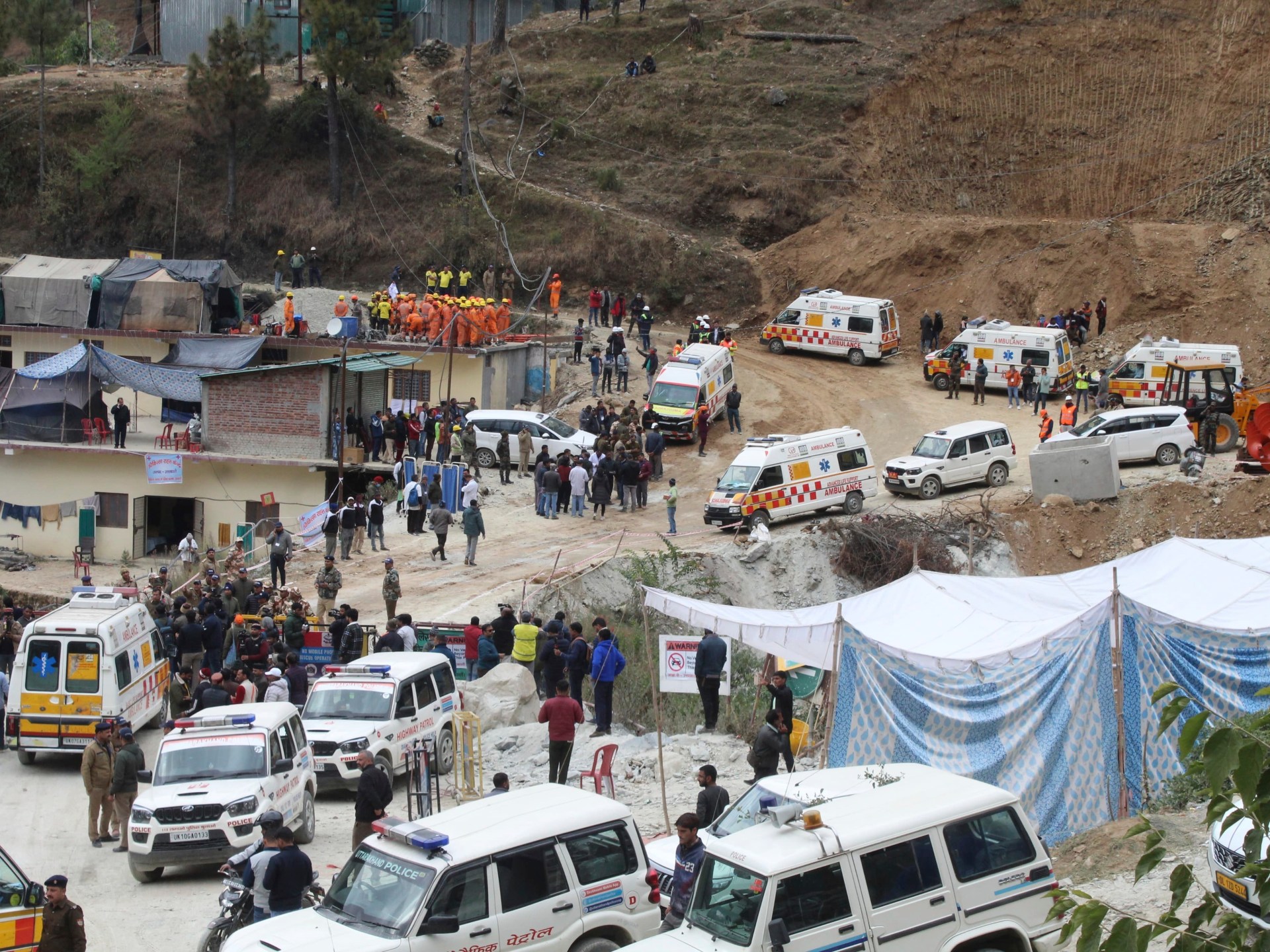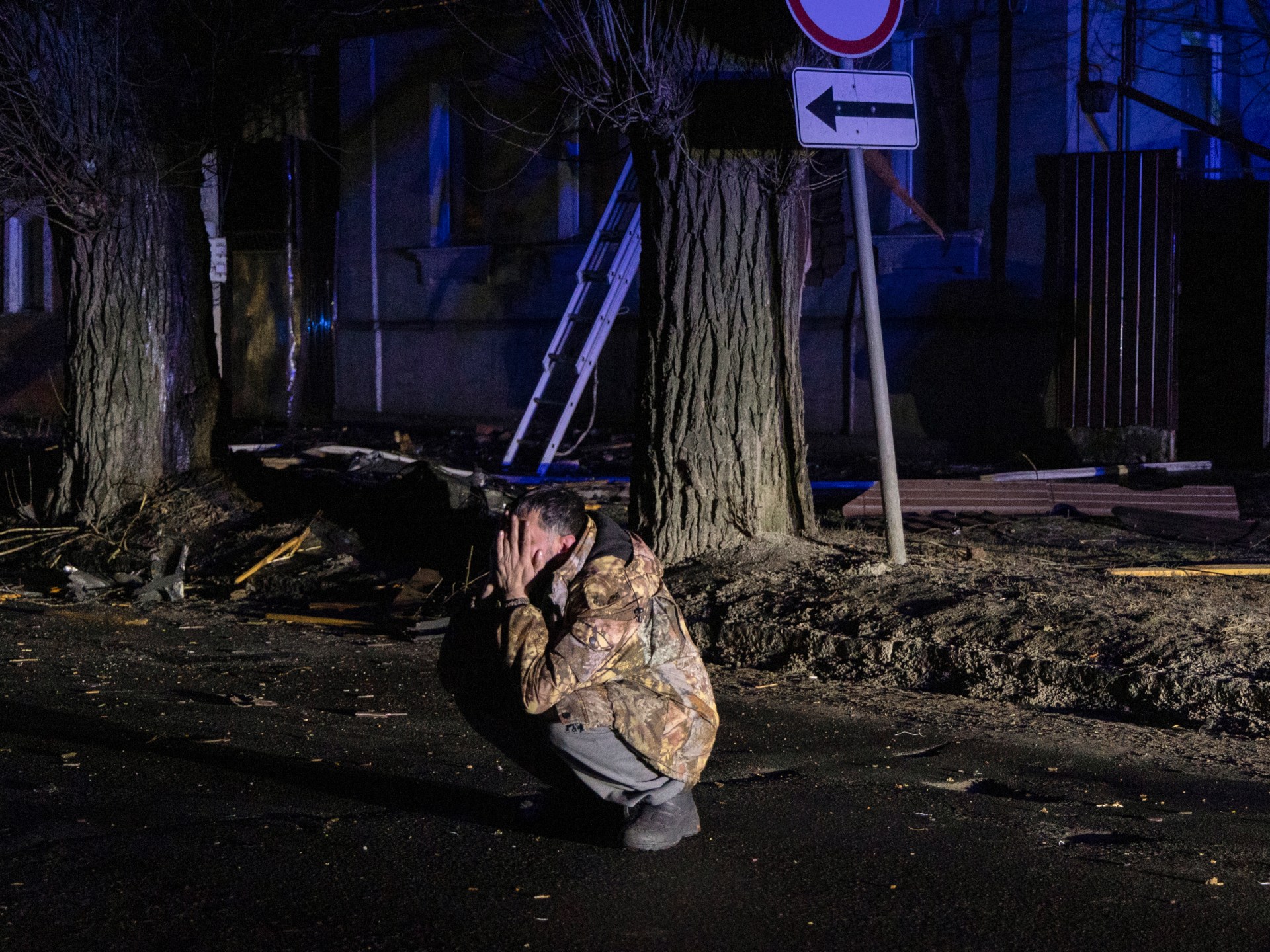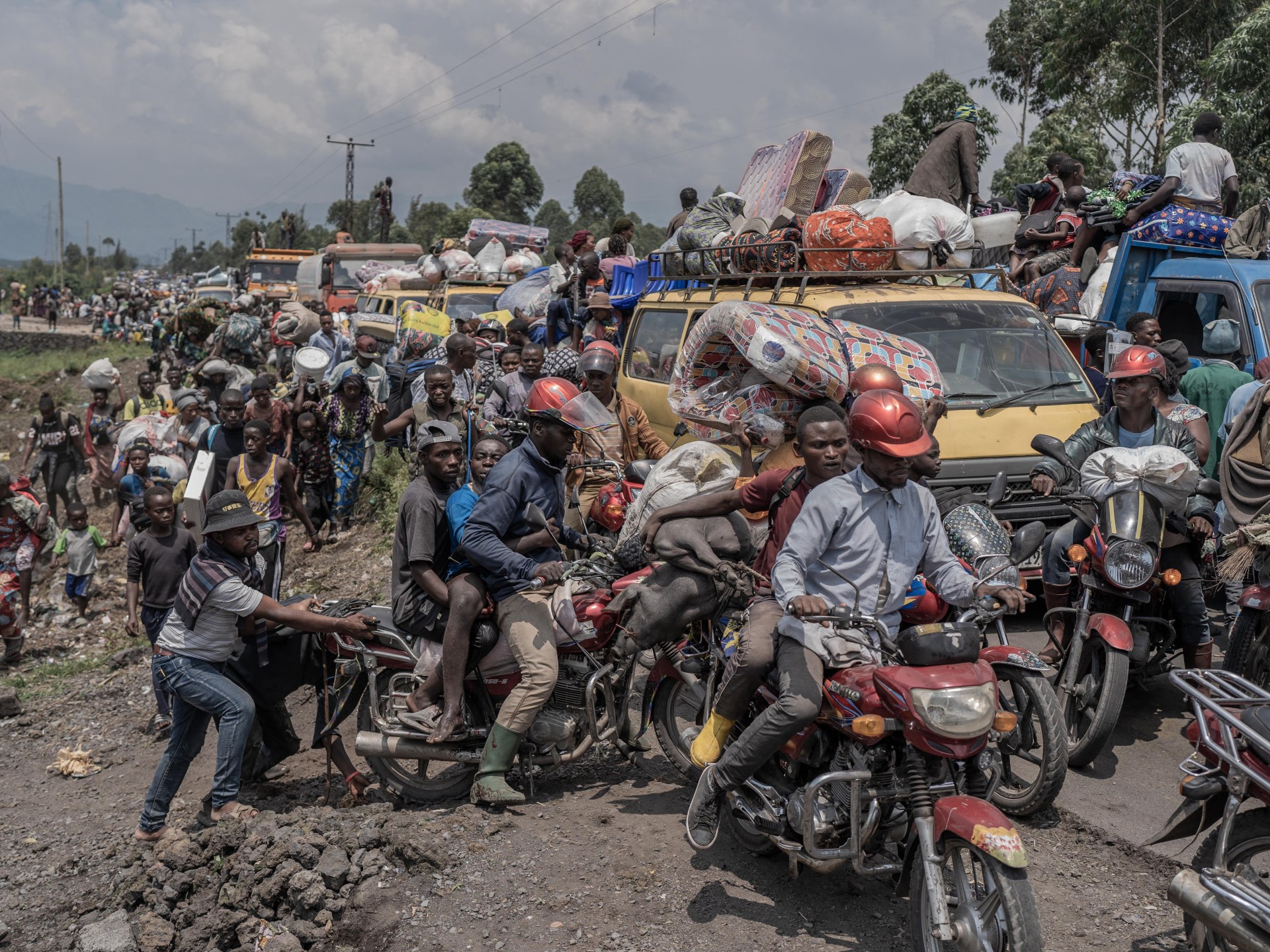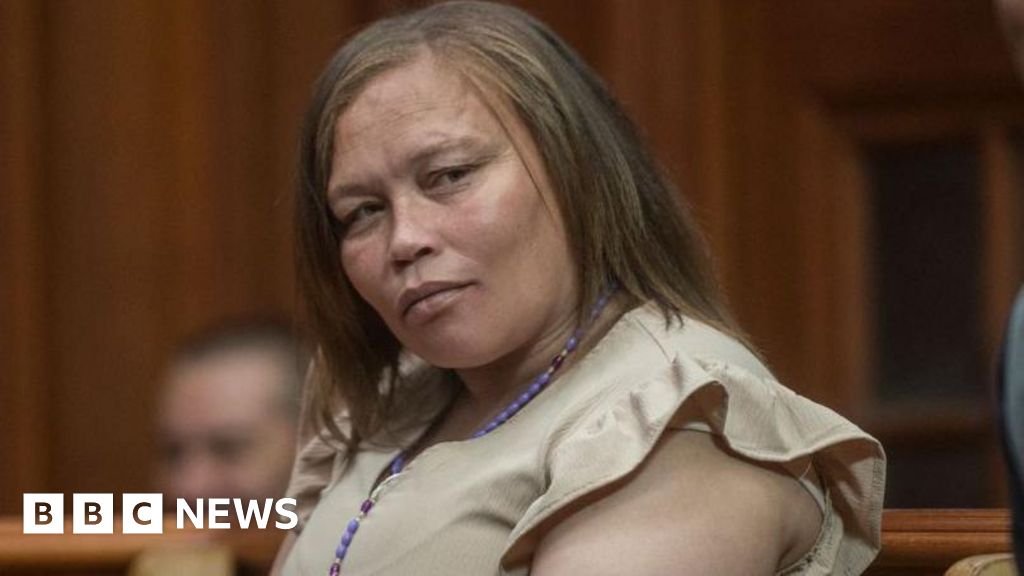Rights experts say peaceful transition in South Sudan crucial, amid ‘immense suffering’ — Global Issues
“The suffering across the country remains immense,” Commissioner Barney Afako said at a press conference in Juba, the capital. “South Sudanese women and girls continue to face unspeakable sexual violence.”
On the penultimate day of a five-day visit, the Commission took stock of reports from civil society and stakeholders in Juba and Upper Nile state, where the UN runs Protection of Civilians sites that are currently scrambling to accommodate tens of thousands of new arrivals fleeing violence.
Ahead of concluding its eleventh country visit to the country on Saturday, the experts said they have already met with survivors of human rights violations, civil society, senior Government ministers and officials, civilian judges, military judges, diplomats, UN agencies and the UN Mission in South Sudan (UNMISS).
‘Reset’ towards peace
Given the grim landscape of suffering, the Commission said South Sudan’s political leaders must now seize the opportunity to reset the country towards peace, democratic transformation, and prosperity.
“Without a change of approach, the transition will falter,” Mr. Afako said. “Political leaders must reorient their priorities and work together to put an end to this needless violence and protect the human rights of South Sudanese.”
‘Horrific accounts’
“We were still shocked by the sexual violence and continuing attacks against civilians,” said Commissioner Andrew Clapham. “The accounts from survivors are horrific. Many people the Commission has met have experienced attacks over and over again. At the same time, people responsible for crimes walk free.”
Humanitarian agencies in the areas recounted their struggle to provide required assistance to the large number of people seeking shelter, hobbled by limited funding and unsafe supply routes.
Victims and survivors of violence in Upper Nile told stories of vicious attacks, with frightened families hiding in the bushes for days before having to walk miles to reach safety, the Commission said.
Shrinking civic space
Civil society leaders and other observers told commissioners that political and civic space in the country has continued to shrink.
In the past year, the Commission has documented widespread attacks against civilians in several states, including southern Unity state. At the same time, conflicts in Upper Nile State and northern parts of Jonglei State have involved multiple armed groups, with widespread attacks against civilians.
UN Photo/Isaac Billy
The UN Commission on Human Rights in South Sudan continues to document rights abuses.
Chronic impunity
Meanwhile, extrajudicial killings continued, implicating senior State officials, who have enjoyed impunity even where the crimes have been caught on camera.
“The Commission continues to identify individuals responsible for serious crimes under both South Sudanese and international law,” Mr. Clapham said.
Established by the UN Human Rights Council in 2016, the Commission is mandated to provide facts. It is keeping a confidential list of names while collecting and preserving evidence against them to share with such transitional justice mechanisms as the hybrid court to be created under the 2018 peace agreement.
“We will be identifying some individuals who bear responsibility for certain events [and] hope that the Government would take steps to hold them accountable,” Mr. Clapham said.
Limited time for transition
There is limited time to make the political transition work, the Commission cautioned. Outstanding key tasks include establishing a unified national army, drafting of a constitution, and creating transitional justice mechanisms.
A further concern is that international interest has waned and needs to be reinvigorated to support these processes, the Commissioners said.
In 2023, an estimated 9.4 million of the most vulnerable will need urgent life-saving assistance and protection, the UN humanitarian office (OCHA) reported in December.
There have been almost five years of delays in fully implementing the 2018 agreement. In August, parties had agreed to a two-year extension of its transitional governance arrangements, postponing planned elections to late 2024.
Mr. Afako said the Commission had warned South Sudan one year ago that the country was “at a tipping point”, given the limited time left to implement critical parts of the peace agreement.
Much work to be done
“Although the transition period has now been extended, there is still an enormous amount of work to do to advance the peace process,” he said. “South Sudanese are desperate to see greater energy and determination among their leaders to address human rights,”
The Commission will present its findings to the UN Human Rights Council in March.
Check out our Latest News and Follow us at Facebook
Original Source







